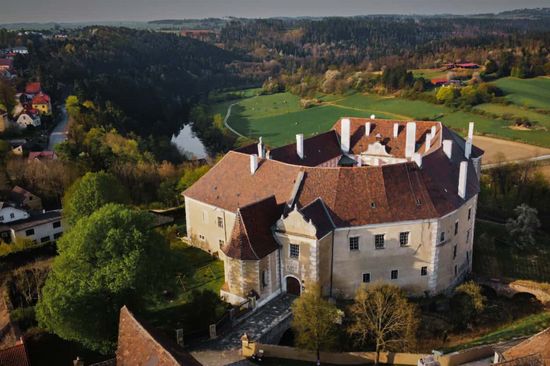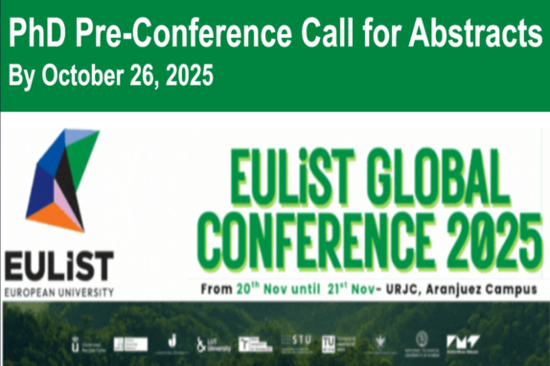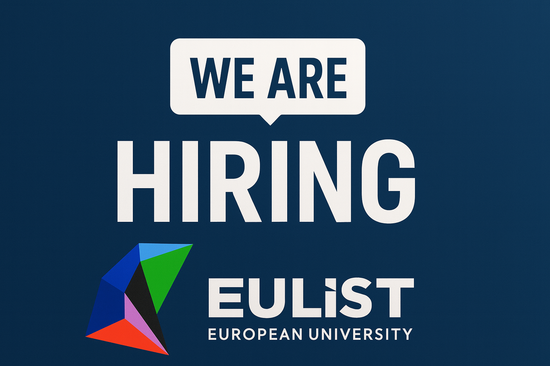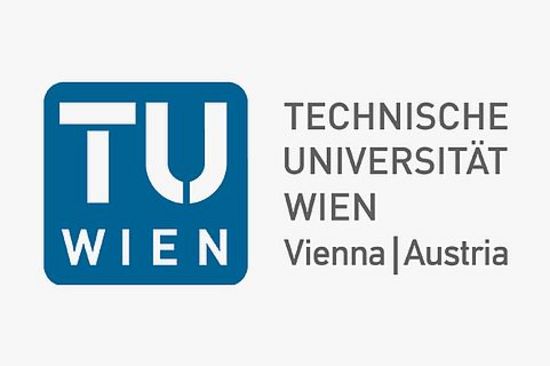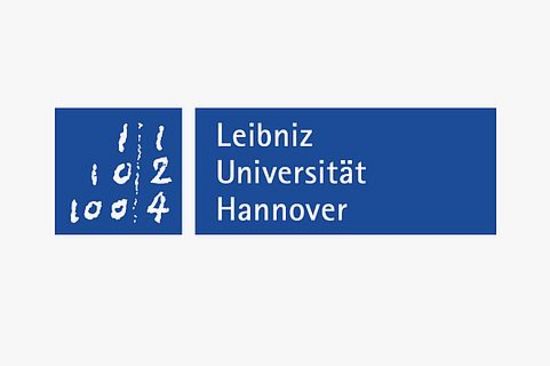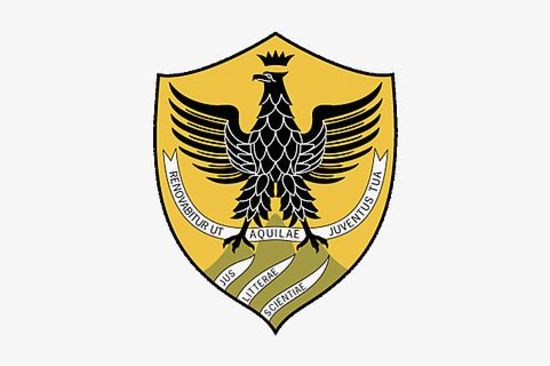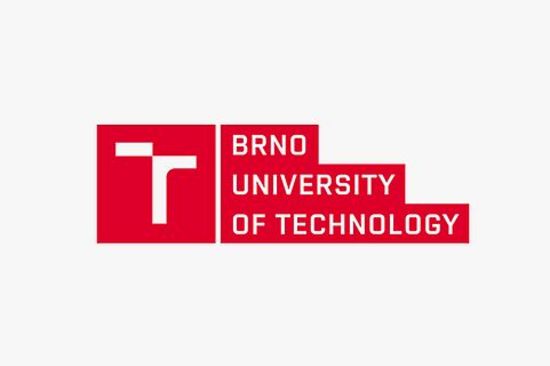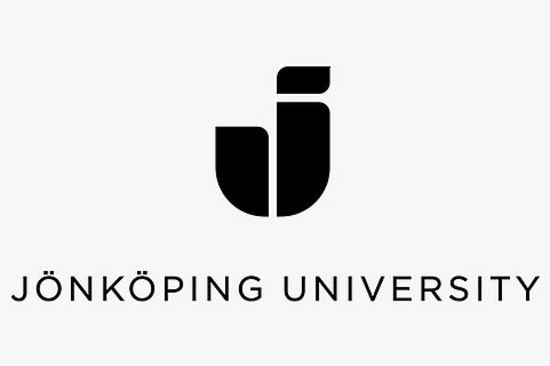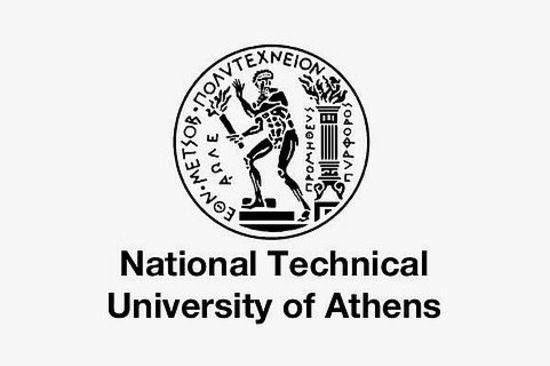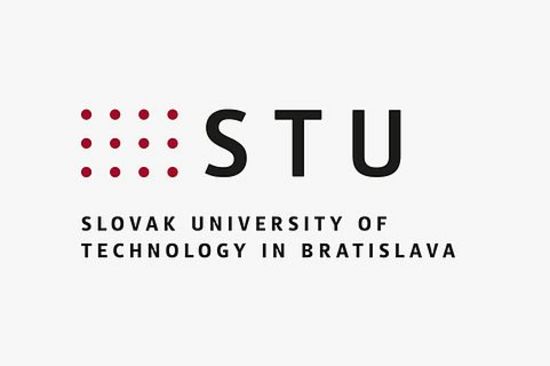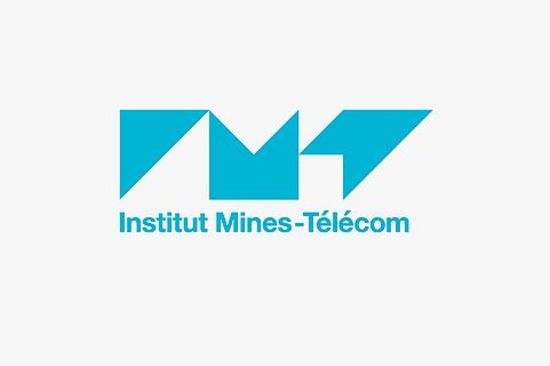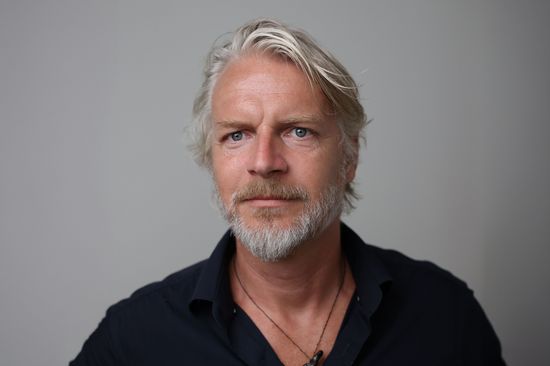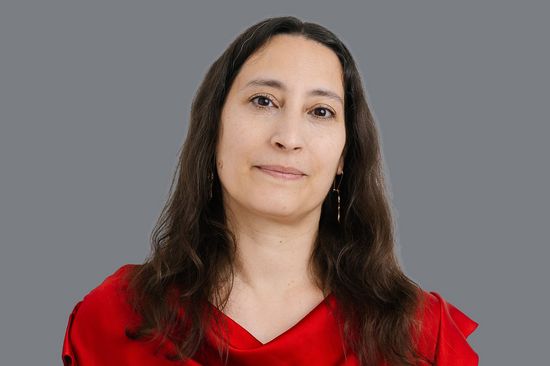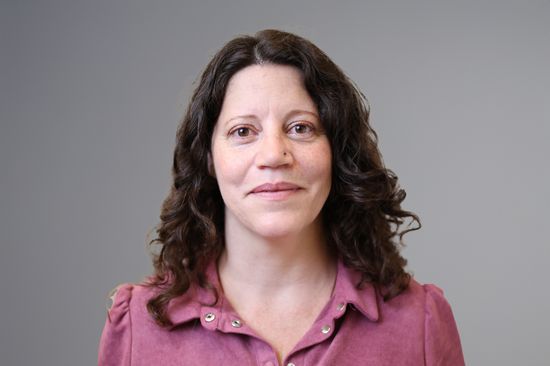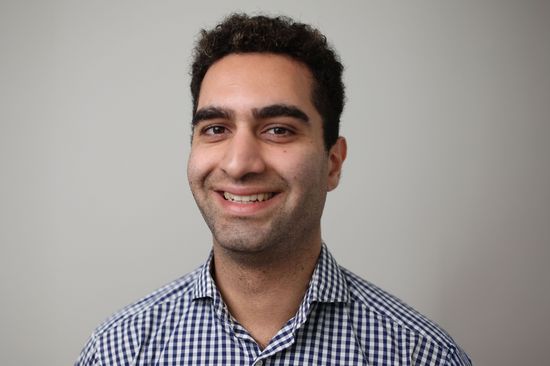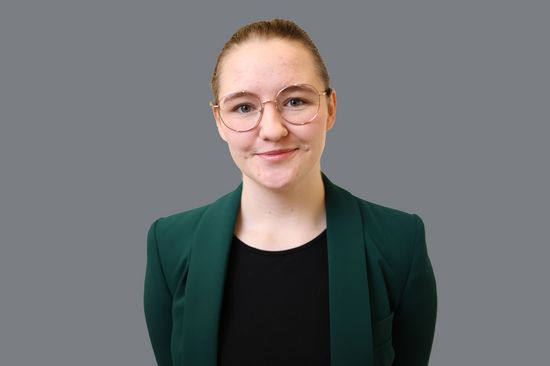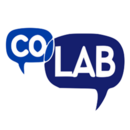|
facebook
|
Wird verwendet, um Anzeigen auszuliefern oder Retargeting zu ermöglichen
|
90
Tage
|
HTTP
|
Meta
|
|
__fb_chat_plugin
|
Wird zum Speichern und Verfolgen von Interaktionen (Marketing/Tracking) benötigt.
|
Persistent
|
HTTP
|
Meta
|
|
_js_datr
|
Wird benötigt, um Benutzer_inneneinstellungen zu speichern.
|
2
Jahre
|
HTTP
|
Meta
|
|
_fbc
|
Wird benötigt, um den letzten Besuch zu speichern (Marketing/Tracking).
|
2
Jahre
|
HTTP
|
Meta
|
|
fbm
|
Wird benötigt, um Kontodaten zu speichern (Marketing/Tracking).
|
1
Jahr
|
HTTP
|
Meta
|
|
xs
|
Wird zum Speichern einer eindeutigen Sitzungs-ID benötigt (Marketing/Tracking).
|
1
Jahr
|
HTTP
|
Meta
|
|
wd
|
Wird benötigt, um die Bildschirmauflösung zu loggen.
|
1
Woche
|
HTTP
|
Meta
|
|
fr
|
Wird benötigt, um Anzeigen zu schalten und deren Relevanz zu messen und zu verbessern.
|
3
Monate
|
HTTP
|
Meta
|
|
act
|
Wird benötigt, um angemeldete Benutzer_innen zu speichern (Marketing/Tracking).
|
90
Tage
|
HTTP
|
Meta
|
|
_fbp
|
Wird zum Speichern und Verfolgen von Besuchen auf verschiedenen Websites benötigt
(Marketing/Tracking).
|
3
Monate
|
HTTP
|
Meta
|
|
datr
|
Wird benötigt, um den Browser für Sicherheits- und Website-Integritätszwecke, einschließlich der
Wiederherstellung von Konten und der Identifizierung von potenziell gefährdeten Konten zu
identifizieren.
|
2
Jahre
|
HTTP
|
Meta
|
|
dpr
|
Wird für Analysezwecke verwendet. Technische Parameter werden protokolliert (z. B.
Seitenverhältnis und Abmessungen des Bildschirms), damit Facebook-Apps korrekt angezeigt werden
können.
|
1
Woche
|
HTTP
|
Meta
|
|
sb
|
Wird benötigt, um Browserdetails und Sicherheitsinformationen des Facebook-Kontos zu
speichern.
|
2
Jahre
|
HTTP
|
Meta
|
|
dbln
|
Wird benötigt, um Browserdetails und Sicherheitsinformationen des Facebook-Kontos zu
speichern.
|
2
Jahre
|
HTTP
|
Meta
|
|
spin
|
Wird für Werbezwecke und Berichterstattung über soziale Kampagnen benötigt.
|
Session
|
HTTP
|
Meta
|
|
presence
|
Enthält den "Chat"-Status eingeloggter Benutzer_innen.
|
1
Monat
|
HTTP
|
Meta
|
|
cppo
|
Wird für statistische Zwecke benötigt.
|
90
Tage
|
HTTP
|
Meta
|
|
locale
|
Wird benötigt, um die Spracheinstellungen zu speichern.
|
Session
|
HTTP
|
Meta
|
|
pl
|
Wird für Facebook Pixel benötigt.
|
2
Jahre
|
HTTP
|
Meta
|
|
lu
|
Wird für Facebook Pixel benötigt.
|
2
Jahre
|
HTTP
|
Meta
|
|
c_user
|
Wird für Facebook Pixel benötigt.
|
3
Monate
|
HTTP
|
Meta
|
|
bcookie
|
Wird zur Speicherung von Browserdaten benötigt (Marketing/Tracking).
|
2
Jahre
|
HTTP
|
LinkedIn
|
|
li_oatml
|
Wird verwendet, um LinkedIn-Mitglieder außerhalb von LinkedIn zu Werbe- und Analysezwecken zu
identifizieren.
|
1
Monat
|
HTTP
|
LinkedIn
|
|
BizographicsOptOut
|
Wird zum Speichern von Datenschutzeinstellungen benötigt.
|
10
Jahre
|
HTTP
|
LinkedIn
|
|
li_sugr
|
Wird zur Speicherung von Browserdaten benötigt (Marketing/Tracking).
|
3
Monate
|
HTTP
|
LinkedIn
|
|
UserMatchHistory
|
Wird zur Bereitstellung von Werbeeinblendungen oder Retargeting benötigt (Marketing/Tracking).
|
30
Tage
|
HTTP
|
LinkedIn
|
|
linkedin_oauth_
|
Wird benötigt, um seitenübergreifende Funktionen bereitzustellen.
|
Session
|
HTTP
|
LinkedIn
|
|
lidc
|
Wird benötigt, um durchgeführte Aktionen auf der Website zu speichern (Marketing/Tracking).
|
1
Tag
|
HTTP
|
LinkedIn
|
|
bscookie
|
Wird benötigt, um durchgeführte Aktionen auf der Website zu speichern (Marketing/Tracking).
|
2
Jahre
|
HTTP
|
LinkedIn
|
|
X-LI-IDC
|
Wird benötigt, um seitenübergreifende Funktionen bereitzustellen (Marketing/Tracking).
|
Session
|
HTTP
|
LinkedIn
|
|
AnalyticsSyncHistory
|
Speichert den Zeitpunkt, zu dem der/die Benutzer_in mit dem "lms_analytics"-Cookie
synchronisiert wurde.
|
30
Tage
|
HTTP
|
LinkedIn
|
|
lms_ads
|
Wird benötigt, um LinkedIn-Mitglieder außerhalb von LinkedIn zu identifizieren.
|
30
Tage
|
HTTP
|
LinkedIn
|
|
lms_analytics
|
Wird benötigt, um LinkedIn-Mitglieder zu Analysezwecken zu identifizieren.
|
30
Tage
|
HTTP
|
LinkedIn
|
|
li_fat_id
|
Wird für eine indirekte Mitgliederidentifikation benötigt, die für Conversion Tracking,
Retargeting und Analysen verwendet wird.
|
30
Tage
|
HTTP
|
LinkedIn
|
|
U
|
Wird benötigt, um den Browser zu identifizieren.
|
3
Monate
|
HTTP
|
LinkedIn
|
|
_guid
|
Wird benötigt, um ein LinkedIn-Mitglied für Werbung über Google Ads zu identifizieren.
|
90
Tage
|
HTTP
|
LinkedIn
|

